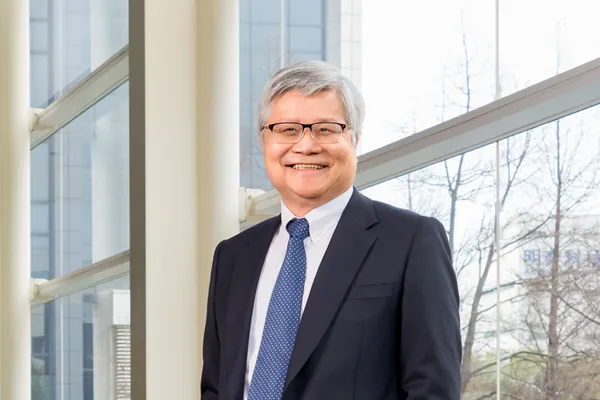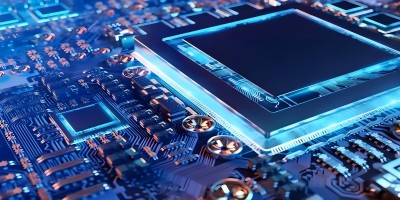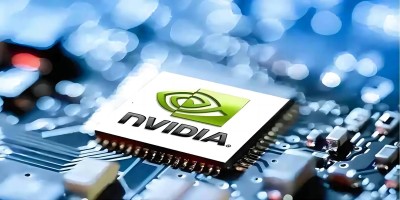TSMC entered the era of Wei Zhe Jia at the helm
On June 4, TSMC President Wei Zhejia replaced Liu Deyan as the new chairman of TSMC, and TSMC entered the era of Wei Zhejia at the helm.
Since taking over as president of TSMC in 2018, Wei has led the company to play a crucial role in the technology supply chain. Under his leadership, TSMC not only occupies a key position in the US-China technology competition, but also helps major economies strengthen the resilience of supply chains and promote the localization process of chip manufacturing in the context of the global chip shortage.
Wei Zhe Jia is also praised by the founder of Chang Zhongmou as "the most well-prepared CEO".
Under Mr. Wei, TSMC's market value has nearly tripled over the past six years, reaching $803.6 billion as of June 3. Even in the context of the global economic downturn, TSMC's revenue and net profit have doubled. To keep ahead of Intel of the United States and Samsung Electronics of South Korea, TSMC has dramatically increased its capital expenditure, from $10.8 billion in 2018 to $30.45 billion in 2023, even more than Taiwan's defense spending. Research and development spending also rose from $2.8 billion to $5.8 billion.
However, to stay ahead of Intel of the US and Samsung Electronics of South Korea, TSMC must invest huge amounts of capital. TSMC's capital expenditure in 2023 increased from $10.8 billion in 2018 to $30.45 billion, even surpassing Taiwan's defense spending. TSMC's research and development spending in 2023 also increased from $2.8 billion in 2018 to $5.8 billion.
The challenge of a new chairman
When Wei Zhe Jia takes over as chairman, he will face a series of new and old challenges, the biggest of which is far beyond his personal control: geopolitics.
Liu Peizhen, director of the Taiwan Economic Research Institute, said that the biggest uncertainties facing TSMC are political, including whether former US President Donald Trump will win this year's presidential election, whether there will be new geopolitical factors, and what the US attitude toward Taiwan's chip industry or TSMC.
The second big challenge for Mr Wei is the growth of TSMC itself. TSMC's current workforce has grown from 48,000 in 2018 to more than 76,000, and the workforce is more diverse than ever.
The third challenge is the paradigm shift facing the entire chip industry. In pursuit of more powerful computing power, global chip manufacturers are committed to shrinking the transistor area at the same time, but also began to explore more advanced ways to integrate connected chips in innovative ways.
At the beginning of Mr Wei's tenure, most of TSMC's manufacturing was concentrated in Taiwan, but in recent years the company has embarked on an unprecedented global expansion, opening its first production sites in Japan and Germany and its first advanced chip plant in the US in 20 years.
Wei Zhe home brief introduction
Wei Zhejia, born in 1954 in Taipei, Taiwan Province, graduated from Yale University with a PhD in electrical engineering.
Dr. Wei Zhejia is the President of TSMC. Prior to that, Dr. Wei served as General Manager and Co-Chief Executive Officer from November 2013 to June 2018. Executive Deputy General Manager and Co-Operating Officer from March 2012 to November 2013; He served as Senior Vice President of Business Development from 2009 to 2012. Dr. Wei Zhejia has rich practical experience in the field of technology business and operation management, and has also served as senior deputy General manager of mainstream technology business and Deputy General manager of operation of the Southern factory.
Prior to joining TSMC in 1998, Dr. Wei was Senior Vice President of Technology at Chartered Semiconductor in Singapore and Senior Manager of Logic and SRAM Technology Development at ST in Texas. Prior to that, Dr. Wei worked in the Technology Research and Development department of Texas Instruments.
Dr. Wei received his bachelor's and Master's degrees in Electrical Engineering from National Chiao Tung University, and his doctorate degree in Electrical engineering from Yale University, USA.
* Disclaimer: This article is from the Internet, if there is any dispute, please contact customer service.



